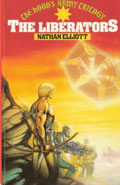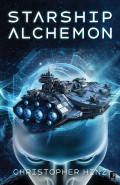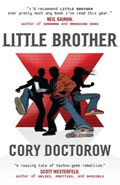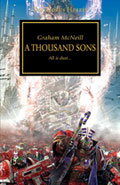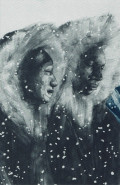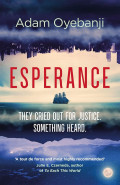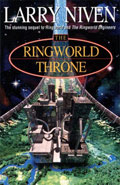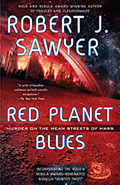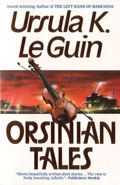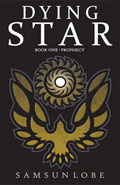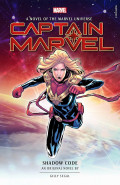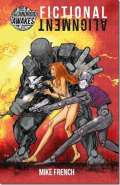The Three-body Problem
By Liu Cixin
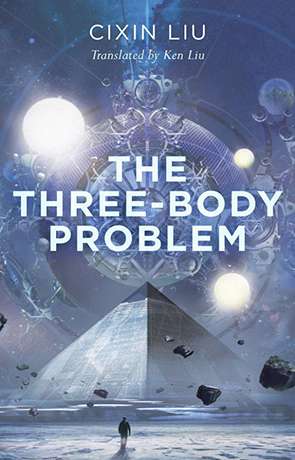
- The Three-body Problem
-
Author: Liu Cixin
-
Publisher: Head of Zeus
- ISBN: 978-1784971557
- Published: July 2015
- Pages: 400
- Format reviewed: Hardback
- Review date: 23/08/2015
- Language: English
- Age Range: 15-
The Three-body Problem was originally written in Chinese by Liu Cixin. Launched to great acclaim within China, it became one of the most popular science fiction novels within the country and won the 2006 Chinese Science Fiction Galaxy Award. Thankfully it has now been translated by the talented author Ken Liu. As I write this review it has now been the first ever translated novel to win the coveted Hugo award.
The story begins back in 1967 as young University student Ye Wenjie witnesses the death of her father at the hands of China's "Red Guards", during the cultural revolution. His only crime — a refusal to give up his belief in science. This event will prove to shape not only the life of YE, but that of mankind.
Forty years later and a number of apparent suicides amongst the best and brightest scientists leads Bejing police to recruit nanotech engineer Wang Miao. Wang is tasked with infiltrating a secretive group of international scientists in an effort to uncover the truth. During the investigation Wang uncovers a strange virtual world ruled by the intractable and unpredictable interaction of its three suns.
The writing is superb, it's warm and friendly and manages to convey the complex nature of the plot without descent into techno-babble or extended exposition on theories and technology. Part of the latter is accomplished by the 3body game that Wang discovers. This game (played hooked up to a virtual reality suit) provides an insight into the three-body problem that lies at the heart of the story and it is an effective way of allowing the average non-physics degree level reader to understand the theory.
It has to be said that it does take a little time for the story to really get going. It feels a little cold and clunky at the start and it wasn't until the introduction of Wang and the jump forward to the present that I really connected with the book. It's worth getting past those first few pages though as it turns into one of the most remarkable, original and imaginative books I've read in some time.
The ideas are astounding, real eye-openers that expand the mind and really get the old grey matter going. There is a great deal of real science behind many of them — the three body problem itself has a real world history dating as far back as the 1600s in a gravitational context with Issac Newton taking the first steps to study the problem in his "Principia" publications. These ideas extend to the way that the aliens are described, suitably alien in their society and complexity.
These admittedly hard science fiction ideas are combined with a mystery-style plot and then mixed with the themes of first contact and sociology yet it remains entirely accessible throughout. The characters are convincing, the setting retains an eastern style and the story is completely gripping. It's got the mind-expanding ideas of the greatest science fiction writers but told through narrative that is reminiscent of Philip K Dick with the same attention given to people and little details.
If I hadn't known, I wouldn't have been able to tell that this book had been translated from another language, never mind one so fundamentally different to English as Chinese is.
It is difficult to grasp just how different they are from each other, complicated by the fact that there isn't actually one "Chinese" language, but a number. Simplified Chinese or Hanyu (Han language) is the most predominant but this is divided into seven major dialects — some of which differ so much as to be mutually unintelligible. To achieve a translation on this level you need to not only have a deep understand of both but be a skilled writer also.
Ken Liu has managed something few could have, re-creating a stand-out, award worthy novel and one that deserves a place amongst the science fiction classics — its been nominated for the Nebula and has won the Hugo. It becomes a Chinese film this month.
One of my favorite novels so far this year from an author who could be described as a 21st century Isaac Asimov.
Written on 23rd August 2015 by Ant .
